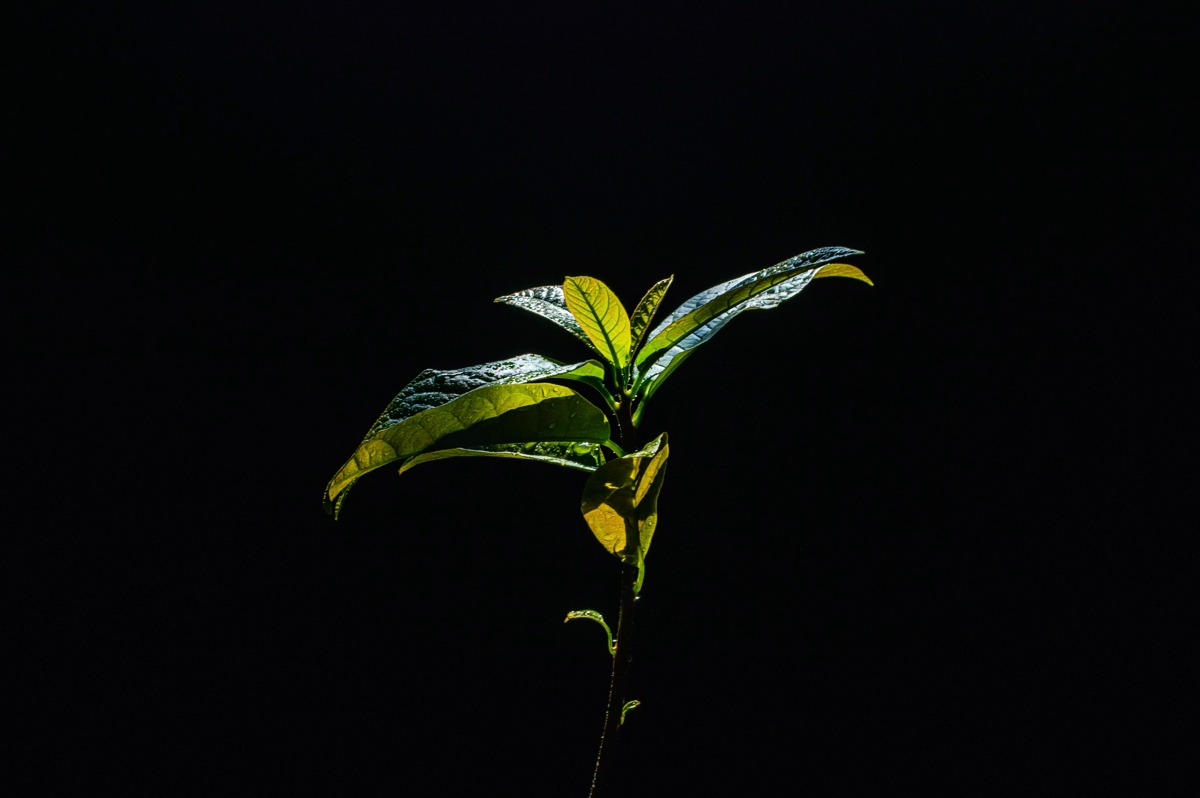SEE ALSO
Something needs to be done about plurilaterals (in Seven talking points after the WTO’s 2024 Ministerial Conference)
●
In General Council India alone opposes investment deal as a WTO agreement
Comment: on India’s claim that a plurilateral WTO deal is ‘illegal’
Technical note: types of plurilateral deals and adding them to WTO rules
Explainer: The 18 WTO plurilaterals and ‘joint-statement initiatives’
Technical note: Participation in WTO plurilateral talks
●
General Council minutes (published a few months after the meeting)
All articles tagged “investment facilitation”
By Peter Ungphakorn
POSTED MARCH 22, 2024 | UPDATED MARCH 23, 2024
India and South Africa, now joined by Türkiye, continued to block consensus on adding the 128-participant Investment Facilitation Agreement to the World Trade Organization’s rulebook when WTO members met as the General Council today (March 22, 2024).
The on-going resistance is a setback for the large number of countries that had hoped deals among only some of the WTO’s 164 members — known as “plurilateral” — could be a way to allow rule-making to develop among the willing without affecting others who are not ready.
Lack of consensus prevents “plurilateral” agreements from being part of the organisation’s official package of rules. That means WTO committees cannot be set up to oversee implementation and the agreements are not subject to legal proceedings under WTO dispute settlement.
Only three of the 36 non-participants have opposed adding this plurilateral agreement to the WTO’s rules. The US is a non-participant that has previously argued in favour.
Continue reading “Setback for plurilateral approach as investment deal blocked again”











